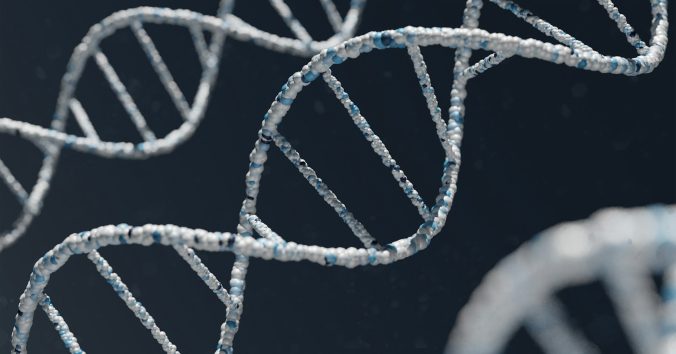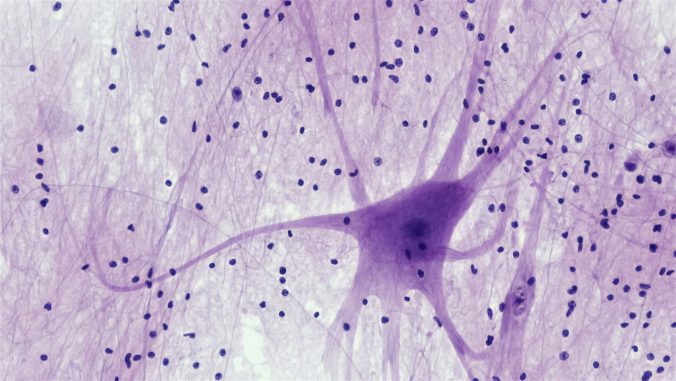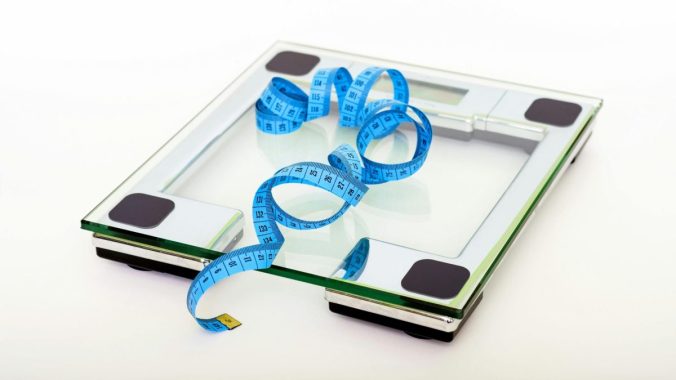A fascinating paper by Fredrik Andersen, Rani Lill Anjum, and Elena Rocca, “Philosophical bias is the one bias that science cannot avoid,” reminds us of something fundamental, but often forgotten, about the nature of scientific inquiry. Every scientist, whether they realize it or not, operates with fundamental assumptions about causality, determinism, reductionism, and the nature […]
Continue readingPage 2 of 49
Debates about the possibility that artificial systems can develop the capacity for subjective experiences are becoming increasingly common. Indeed, the topic is fascinating and the discussion is gaining interest also from the public. Yet the risk of ideological and imaginative rather than scientific and rational reflections is quite high. Several factors make the idea of […]
Continue readingInadequate staffing, competing tasks and unexpected events can sometimes make it difficult to provide patients with the best possible care. This can be particularly stressful when caring for children with severe diseases. For a nurse, experiencing situations where you cannot provide children with cancer with the best possible care (which means more than just the […]
Continue readingPatients who are treated in hospital for self-harm can sometimes arouse strong emotions in the staff. At the same time, the patients may be dissatisfied with their care, which sometimes involves restrictions and safety measures to prevent self-harm. In addition to such tensions between patients and staff, the healthcare staff is divided into different professions […]
Continue readingPhilosophers such as Socrates and philosophical schools such as Stoicism have had a certain influence on psychology and psychotherapy, and thus also on human health. But if philosophy can support human health via psychology, can it not support health more directly, on its own? A growing trend today is to offer philosophical conversations as a […]
Continue readingIn a sense, all care strives to be tailored to the individual patient. But the technical possibilities to obtain large amounts of biological data from individuals have increased so significantly that today one is talking about a paradigm shift and a new way of working with disease: precision medicine. Instead of giving all patients with […]
Continue readingWhen ethical dilemmas are discussed using case descriptions or vignettes, we tend to imagine the cases as taken from reality. Of course, the vignettes are usually invented and the descriptions adapted to illustrate ethical principles, but when we discuss the cases, we tend to have the attitude that they are real. Or at least real […]
Continue readingMultiple sclerosis (MS) is a chronic inflammatory disease that affects the nerves of the brain and spinal cord. Symptoms can vary between individuals and the progression of the disease is difficult to predict. Medications can slow the progression of the disease and relieve symptoms, but they do not cure the disease. Symptoms tend to come […]
Continue readingEvery day, researchers receive a motley of offers from dubious journals to publish in them – for a fee. The fact that researchers do not accept these offers does not prevent them from one day discovering that they have become authors of an article that they never wrote. This recently happened to four surprised colleagues […]
Continue readingAuthorities and researchers have a responsibility to the public to disseminate information about risks identified through research. Dissemination of information and education are also an important part of public health efforts to influence norms about lifestyle habits and support individuals in making informed choices about their health. Research has found links between overweight and at […]
Continue reading










